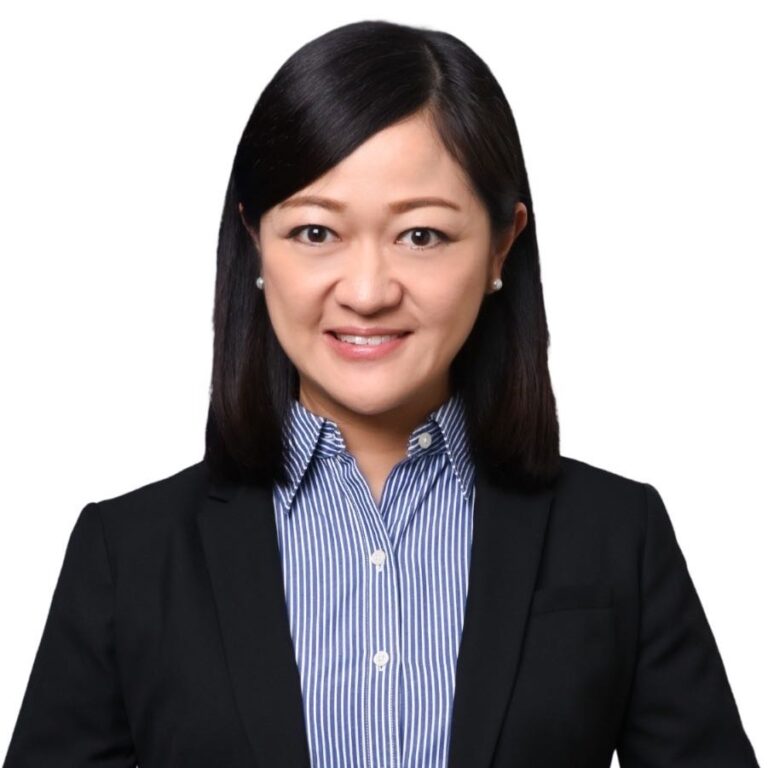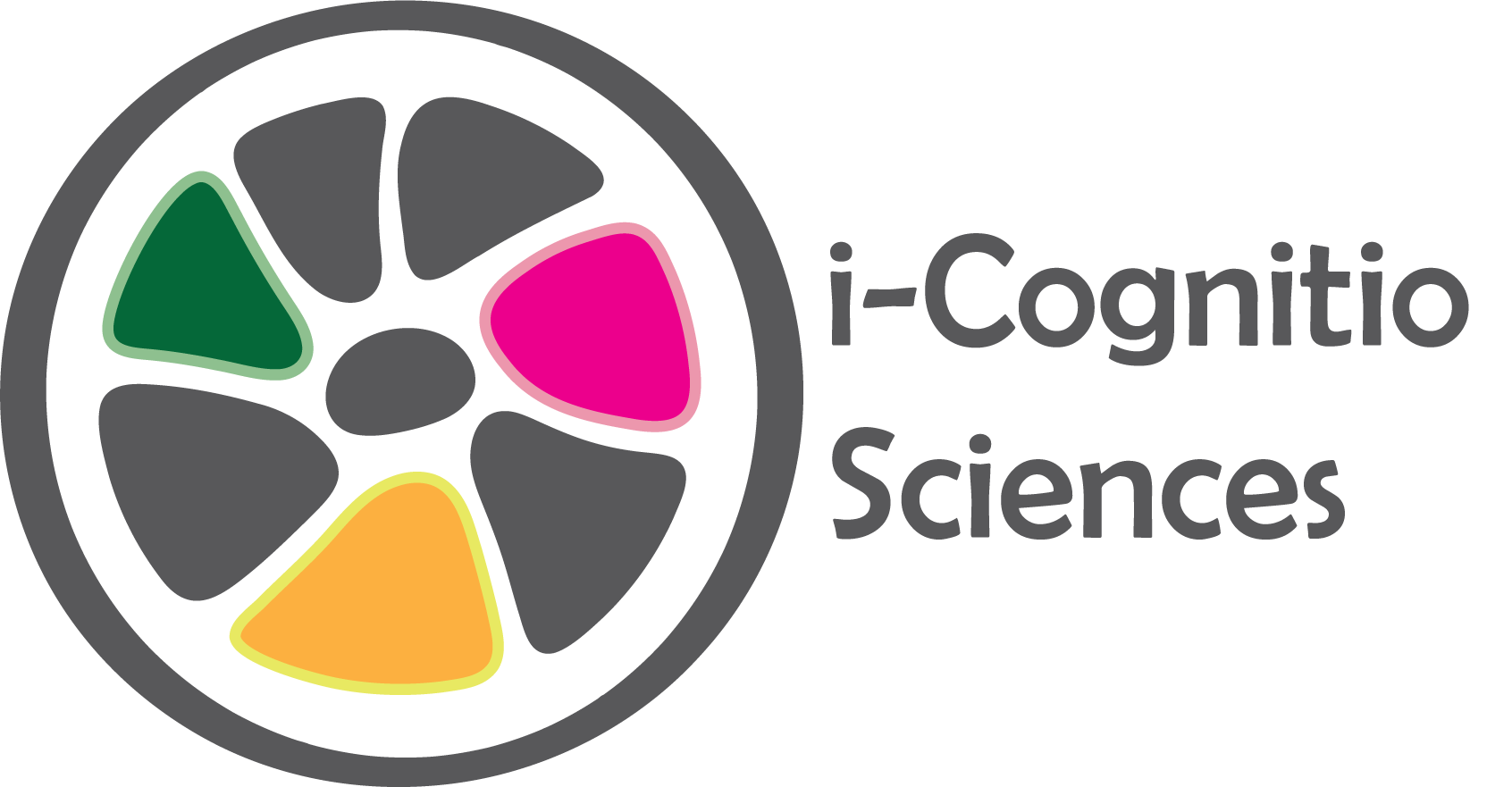i-Cognitio Sciences
Welcome to i-Cognitio
At the intersection of innovation and healthcare, i-Cognitio is pioneering medical technology to revolutionize disease diagnostics and management. Founded by esteemed professors Vincent Mok, Carol Cheung, and Owen Ko from The Chinese University of Hong Kong (CUHK), our team leverages advanced image analysis techniques and artificial intelligence (AI) to drive breakthroughs in medical research and patient care.
Our Mission
We are dedicated to advancing the early detection and treatment of neurodegenerative and retinal diseases through cutting-edge ocular imaging and AI technologies. Our initial focus is on developing non-invasive diagnostic tools for brain health assessment in aging, with future plans to address diabetic retinal disease, glaucoma, and dementia diagnosis. We aim to significantly improve patient outcomes and healthcare efficiency worldwide.
Our Vision
We aspire to become the global leader in non-invasive diagnostic solutions. Our strategic partnerships with industry leaders, such as Sengital Limited, empower us to bring innovative solutions to the forefront of medical diagnostics. Our team of experts, comprising specialists in neurology, ocular imaging, and AI applications, is committed to enhancing diagnostic accuracy through continuous research and development.
Explore our website to discover our groundbreaking solutions, market insights, and the transformative impact we’re making on the future of healthcare. Together, let’s make early diagnosis and preventive healthcare a reality for patients worldwide.

Our Founders



Prof. Vincent Mok
Prof. Carol Cheung
Prof. Owen Ko
Prof. Mok is an internationally recognized expert in dementia and Parkinson’s disease. His pioneering research has advanced understanding of cerebral small vessel disease and its role in cognitive impairment and dementia.
Prof. Mok conducted groundbreaking prevalence studies of cerebral small vessel disease in Asia, significantly raising awareness that targeting this condition can help prevent dementia. His large-scale vascular cognitive impairment study revealed key mechanisms of early and delayed decline after stroke, providing a roadmap to guide prevention. Prof. Mok also validated the Hong Kong Montreal Cognitive Assessment and developed age/education norms, establishing it as the standard brief cognitive screen locally. In addition, his team developed, validated and applied a novel MRI-based AI system for early Alzheimer’s detection.
Together with Prof. Carol Cheung, Prof. Mok pioneered an AI-derived retinal imaging analysis to detect Alzheimer’s pathology. With over 400 publications including top journals like Lancet, JAMA, and Annals of Neurology, he is one of the most prolific and impactful dementia researchers in Asia and the world. Among his numerous accolades are local and national research awards.
Prof. Carol Cheung is a distinguished researcher with over 15 years of experience in ocular imaging, spanning across prestigious institutions in Hong Kong and Singapore. Her innovative research is founded on the principle that the eyes serve as a “window” to the central nervous system, facilitating groundbreaking approaches in the diagnosis of neurological disorders.
Prof. Cheung has been a pioneer in applying artificial intelligence to ocular imaging, with a special focus on diseases such as diabetic retinopathy, glaucoma, and Alzheimer’s disease. Her seminal work has established the foundations for using retinal imaging as a powerful diagnostic tool for neurodegenerative diseases, particularly Alzheimer’s disease. Her research has been instrumental in demonstrating the potential of retinal scans in early disease detection and monitoring.
Currently, Prof. Cheung is dedicated to translating AI research from theoretical frameworks to practical, clinical applications. Her vision is to revolutionize eye disease screening and triage processes in primary care and clinical settings. By enhancing these systems, she aims to facilitate more timely and effective disease management, potentially transforming the quality and efficiency of healthcare delivery.
Prof. Ko is a clinician-scientist whose early doctoral work on cortical microcircuits garnered significant acclaim, including being named a runner-up for the Eppendorf & Science Prize for Neurobiology, awarded by the American Association for the Advancement of Science and Eppendorf Corporation. This set the stage for what has become a fruitful career at the intersection of clinical practice and neuroscience research.
Prof. Ko has dedicated his career to leading a multidisciplinary team focused on understanding gliovascular dysfunction in neurodegenerative diseases, and their applications in diagnostics and therapeutics. Prof. Ko’s innovative research approach and leadership in this field have earned him multiple prestigious awards, including the Croucher Innovation Award, the Sir David Todd Lectureship and the Asian Young Scientist Fellowship.
Beyond his academic achievements, Prof. Ko actively contributes to the broader scientific, medical, and pharmaceutical communities. His comprehensive understanding of both the scientific and clinical landscapes uniquely positions him to drive forward the development of cutting-edge diagnostics and therapeutics for various age-related neurodegenerative diseases.
